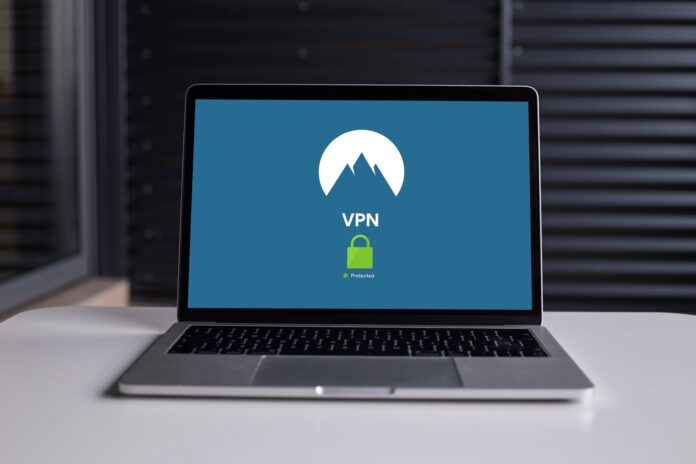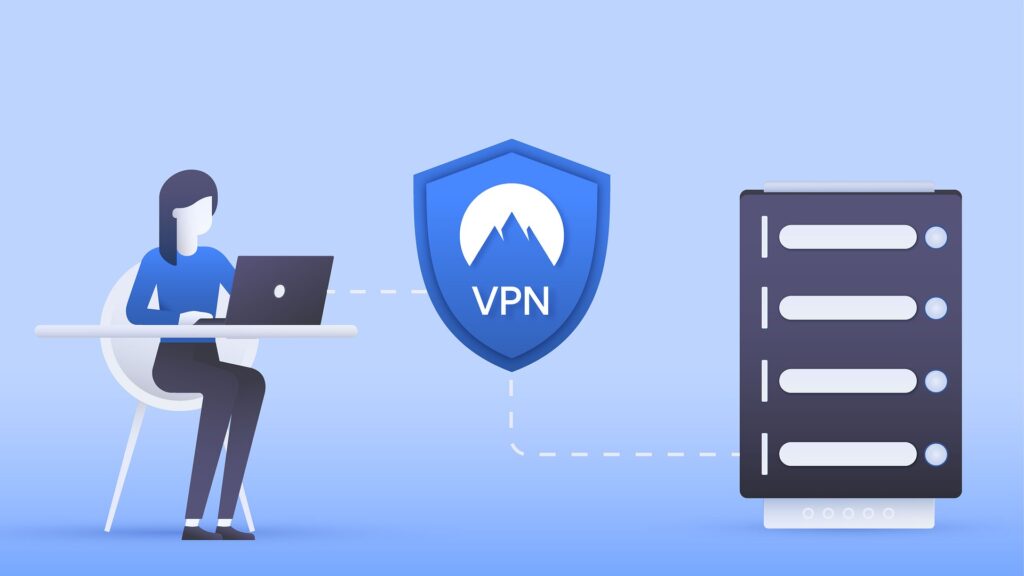When it comes to VPNs, there are a lot of choices out there. How do you know which one is right for you? This article will give you six tips to help you choose the right VPN for your needs. Whether you are looking for security, privacy, or flexibility, there’s a VPN out there for you!
Where Do You Live?
The place where you live should be a major factor when you’re picking out this kind of service as it’s the only way it fulfills its purpose. People from all around Tehran are always looking for the best VPNs with Iran IP as it guarantees safety and anonymity. The same goes for people who want to access geo-blocked content in China – they’re looking for the best VPNs with servers in Hong Kong, for example.Â
Always see which VPN service fits you the best depending on your place of living.
This is why it’s important to pick a VPN service that has servers in strategic locations. This guarantees safety and anonymity. Picking the right VPN place of living can be tricky, but it’s necessary.Â
SecurityÂ
Security should be a major concern when choosing a VPN. A good security protocol will protect your data and identity from hackers, cybercriminals, and other online threats. Look for a VPN that offers military-grade encryption, a kill switch, and DNS leak protection. These features will help keep you safe while you browse the web.Â
You should also consider the security of the VPN itself. Make sure the company has a strict no-logs policy in place. This means they will not track or store any of your data or activity while you are using their service. A good security protocol is essential for keeping your information safe online.Â
When it comes to security, it is always better to be safe than sorry. A VPN can be very useful, but it needs to be safe at the same time!
Optional FeaturesÂ
There are certain VPN features that not everyone needs, but can be very helpful. These are the following:
* SOCKS proxy
* port forwarding
* split tunnelingÂ
* DNS leak protection
* Smart Location
* Speed Test
* Split Tunneling.Â
If you think you might need any of these features, keep them in mind when choosing a VPN provider. Many of the best providers will offer all or most of these features, so you shouldn’t have any trouble finding one that meets your needs.Â
For example, if you plan on doing a lot of streaming, you’ll want to make sure that the VPN you choose has good speeds. You can check this by running a speed test with the VPN turned on and off. If there’s a significant difference in speeds, then that’s something to take into consideration.Â
The Provider PolicyÂ
Make sure to read the policy of every single provider before you decide on one. The provider policy will tell you everything that the provider is legally allowed to do with your data. If a provider doesn’t have a policy, or if their policy is unclear, it’s best to avoid them. A good provider will have a clear and concise policy that outlines what they do with your data and how they keep it safe.Â
For example, some providers will keep logs of your data usage. This means that they can see what websites you visit and when you visit them. Other providers will not keep any logs, which means that your data is completely private.Â
Levels Of EncryptionÂ
The way a VPN works is by encrypting your data and sending it through a secure tunnel to the VPN server. The levels of encryption determine how strong the security of the connection is.Â
The most common levels of encryption are 128-bit and 256-bit. 128-bit encryption is considered to be very strong and is used by most VPN providers. However, there are some that offer 256-bit encryption for an even higher level of security.Â
When choosing a VPN, it’s important to consider what level of security you need. If you’re just looking to browse the web anonymously, then 128-bit encryption should be sufficient.
SpeedÂ
You want your VPN to be fast and reliable speed-wise. A lot of people tend to forget about this aspect when choosing a VPN and think only about security. But if your speeds are slow, you’re going to have a really hard time doing anything online, especially if you want to stream something or download large files.Â
That’s why it’s important to do some research on the average speed of the VPN service you’re considering. You can find this information on most provider websites, as well as in user reviews. And make sure to test out the speed for yourself before making a decision.
A VPN is one of the most useful additions to your software, but you need to consider where you live before picking one. See how secure it is and what optional features it offers. Read every provider policy and see what level of encryption they have. Finally, make sure the VPN is fast enough for your needs!























